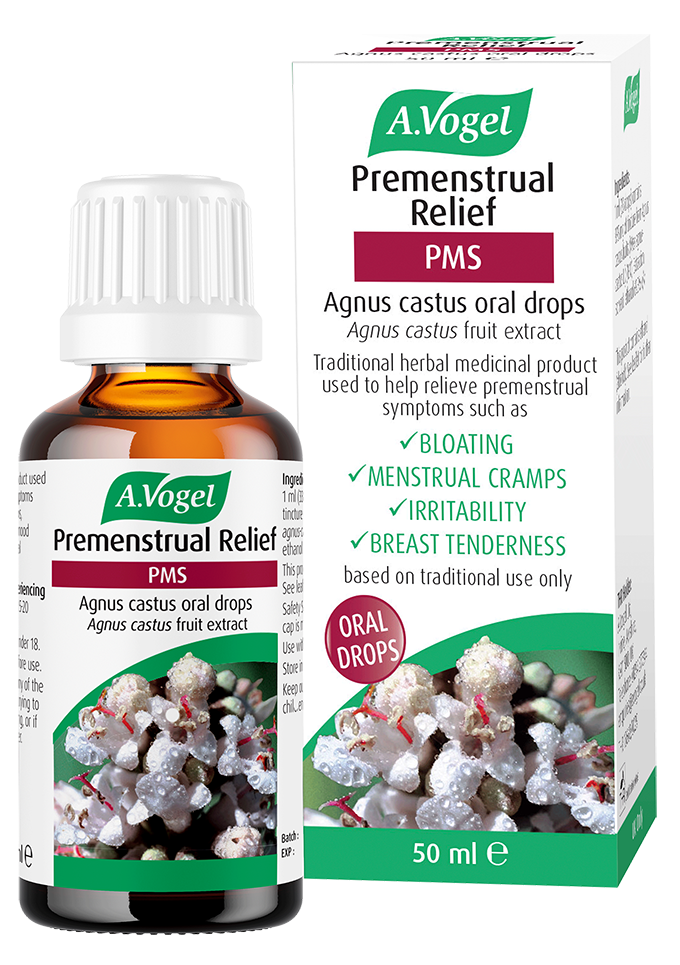An introduction to periods and fibroids
Fibroids are benign growths that form from the smooth muscle of the womb. Fibroids are fairly common and often do not give rise to symptoms. There are different types of fibroids, so-called depending on their size and location, and the symptoms they give rise to can vary as a result of this.
Fibroids are more likely to develop in women in their 20s and 30s and tend to disappear as a woman reaches the menopause. This makes sense as the main cause of fibroids is thought to be the result of excess oestrogen and levels of this hormone begin to decrease as a woman’s periods stop.
On this page I discuss some of the causes and symptoms of fibroids, how they can have an effect on your menstrual cycle and how home, herbal and conventional treatments can help to keep them under control.
Causes of fibroids
Fibroids form as the result of an overgrowth of smooth muscle cells in the uterus which form into a mass. A number of factors are thought to contribute to the formation of fibroids:
- Female hormones – Fibroids are thought to form in most cases as a result of excess oestrogen. The tissue making up these fibrous masses is sensitive to the sex hormones, especially oestrogen, and in the presence of hormone imbalance they can easily proliferate. Both excess oestrogen and the presence of the fibroids themselves are thought to contribute to heavier, more painful periods
- Genetics – Although hormones are thought to be the main cause of fibroids, genetics are thought to be somewhat involved too. Women of Afro-Caribbean origin are thought to have an increased risk
- Environmental factors – Diet and lifestyle factors could be making you more susceptible to fibroids although again, are unlikely to be the primary cause. Many modern-day chemicals (often found in non-organic food and polluted environments) can mimic hormones, and depending on how toxic a lifestyle you lead, this could have an influence
- Body weight – Again, although your body weight isn’t a direct cause of fibroids, being overweight may increase your risk of developing them. Adipose tissue, or fat cells around your body, act like little reservoirs for hormones and the accumulation of oestrogen can be problematic.
Symptoms of fibroids
The severity of the symptoms of fibroids is variable and the only sure way of diagnosing them is by having an ultrasound scan. Some common symptoms of fibroids are described below. If you think you have fibroids, please pay a visit to your doctor.
- Heavy periods – Heavy periods are perhaps the most common symptom of uterine fibroids. Fibroids can actually increase the surface area of the womb, meaning there is more lining to be shed which can give rise to a heavier flow. However, as fibroids are often a result of excess oestrogen, and oestrogen is involved in thickening the lining of your womb prior to your period, excess oestrogen is likely to result in a thicker lining to be shed in the first place. Very heavy periods can result in anaemia which can affect your energy levels
- Painful periods – Fibroids can give rise to pain and discomfort in the abdomen depending on their size and location. Also, painful periods often go hand in hand with heavy periods. Having formed a thicker lining of the womb, this requires more effort to shed! Contractions of the womb are often more forceful and more prostaglandins are released in many cases which can cause further pain and inflammation
- Other symptoms of hormone imbalance – You may also find you suffer from other symptoms which are a result of the hormone imbalance causing the fibroids in the first place. Some typical symptoms of oestrogen dominance include; heavy, painful periods, sensitive breasts, bloating and water retention and suffering from mood swings which can leave you feeling angry and irritable.
Home remedies for fibroids
There are some simple steps you can take at home that can help to minimise the effects of fibroids:
- Eat well – Eating well can help to minimise the growth of fibroids. A good diet puts less pressure on your liver. Your liver is responsible for more than just processing the food you eat – it is also in charge of recycling excess hormones, such as oestrogen. If you put your liver under pressure as a result of a poor diet, it is less likely to keep up to speed with breaking down hormones. Excess oestrogen can support the growth of fibroids
- Manage your weight – Being overweight or obese can also affect the balance of hormones around your body. Excess adipose tissue can result in an accumulation of oestrogen in the body which could be encouraging the growth of uterine fibroids.
How can natural remedies help?
There are some natural remedies available that could help:
- Agnus castus - Agnus castus works by gently supporting progesterone, the opposing hormone to oestrogen and can help to restore hormonal balance. This herbal remedy can be useful to help treat some of the symptoms of PMS such as painful periods. Please note, if you are taking hormonal contraceptives such as the pill, hormone- balancing herbal remedies may not be suitable for you
- Milk thistle – Add milk thistle to your regime in order to support the functions of the liver.
When should I see my doctor?
Depending on the type and severity of the fibroids, it might be necessary to pay a visit to your doctor.
Your doctor can examine you and discuss any appropriate treatments. Hormonal contraceptives are often a solution, (for example progesterone-based options such as the pill or the implant) as these can help to sort the imbalance between oestrogen and progesterone.
Anti-inflammatory medication or pain killers may also be offered if you are in pain or discomfort as a result of the fibroids, although you should carefully consider any possible side effects.
In extreme cases, medication may be prescribed to stop or reduce heavy bleeding, such as Tranexamic acid, or surgery might be an option in some cases in order to remove existing fibroids.






 Looking for our products in a store near you?
Looking for our products in a store near you?

